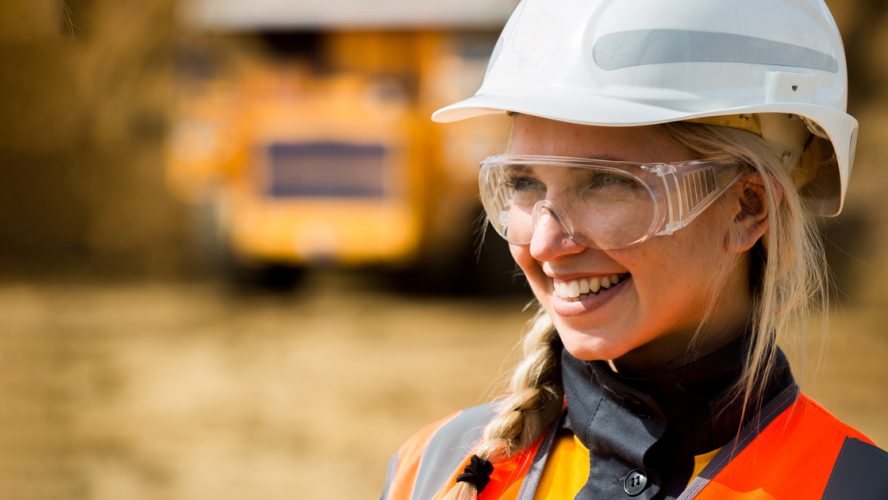
Sally Sudworth
WES Trustee, and Sustainability Lead and National Programme Manager, Environment Agency
The modern world is facing more challenges than ever. It is important to examine how a diverse range of engineering talent can help tackle these emerging issues.
Engineers save lives, fact. It is through the infrastructure we provide, that communities are able function. As Director for the engineering charity, Engineers for Overseas Development, where graduates who are training to become professionally qualified, this is very apparent. Alleviating poverty through food stores, water supply, grinding mills, maternity units and health centres in villages in sub-Saharan Africa, our graduates return with a keen sense of purpose of their role as engineers.
Specifically, the climate change emergency is the biggest challenge that we face as engineers. Being innovative and finding creative solutions to how we can work, live and play – now and in the future – relies on drawing on the fullest possible pool of talent. Diversity will be one of the keys to unlocking that opportunity.
The contribution of women in the past century
Over the last 100 years, we have recognised the contributions that women can make. The opportunity that the first and second world wars provided to so many women unfortunately dissipated.
Our ambition at WES is to reach 30% female engineers in the UK engineering workforce by 2030. Current statistics from the Engineering Council show that female engineers make up just 12% of the entire UK engineering population. And, while there is a trend in the right direction, we definitely need more women.
Creating a more flexible work environment
Family-friendly working policies must be part of the solution. A number of my male colleagues enjoy extended paternity leave and work compressed hours or flexitime to allow them to take time off to share parental responsibilities. People also use this time off to pursue sport and other interests. This places individuals in a stronger position to be more creative and to add value to the workplace, as they have this expanded depth and breadth of experiences to draw from in developing innovative solutions. This is not new and organisations like Google have recognised this for some time.
Finding inspiration in your career
Another key to unlocking the future is for employers to provide an environment where employees are comfortable and confident to be their natural selves, and to find the right job that inspires them. When people love the work they do, the power of discretionary effort kicks in. Now you’re really talking: added value to the organisation and immense job satisfaction for the individual.
Helping children understand the possibilities
School children and students are generally unaware of the range of engineering careers available to them. From tackling climate change and alleviating flooding, to providing prosthetics for patients with lost limbs, outfitting warships, designing rollercoasters and robotics; there is something for everyone.
There have been some wonderful projects in recent years that have been excellent at engaging with young people.
- Bridge to Schools: a 15-metre cable-stayed bridge, in kit form, that can be erected and tested by school children.
- Cardiff College of Art: a group of 30 art students were given a brief to create art for ‘This is civil engineering’ using old PPE kit as inspiration.
- At a sixth form college in Hove, students spent a day tenpin bowling and then looked at the IT and mechanical engineering behind-the-scenes.
These activities are strengthened by STEM ambassadors up and down the UK, who carry out fantastic work with schools.
We can also reach young people through social media; hoping that this easy-to-access knowledge will help them become more aware of their choices. The climate change emergency is a driver that is very likely to draw in a cohort of enthusiasts who want to protect their future and those are future generations. Engineers need to be at the heart of this. #bestjobintheworld
Sally Sudworth is a chartered engineer and chartered environmentalist. She is the sustainability lead for flood and coast at the environment agency and is national programme manager for asset management. Sally is also the honorary secretary and a trustee for the women’s engineering society and is a director for engineers for overseas development. She is married with two grown-up children.
[email protected] | @SallySudworthEA

